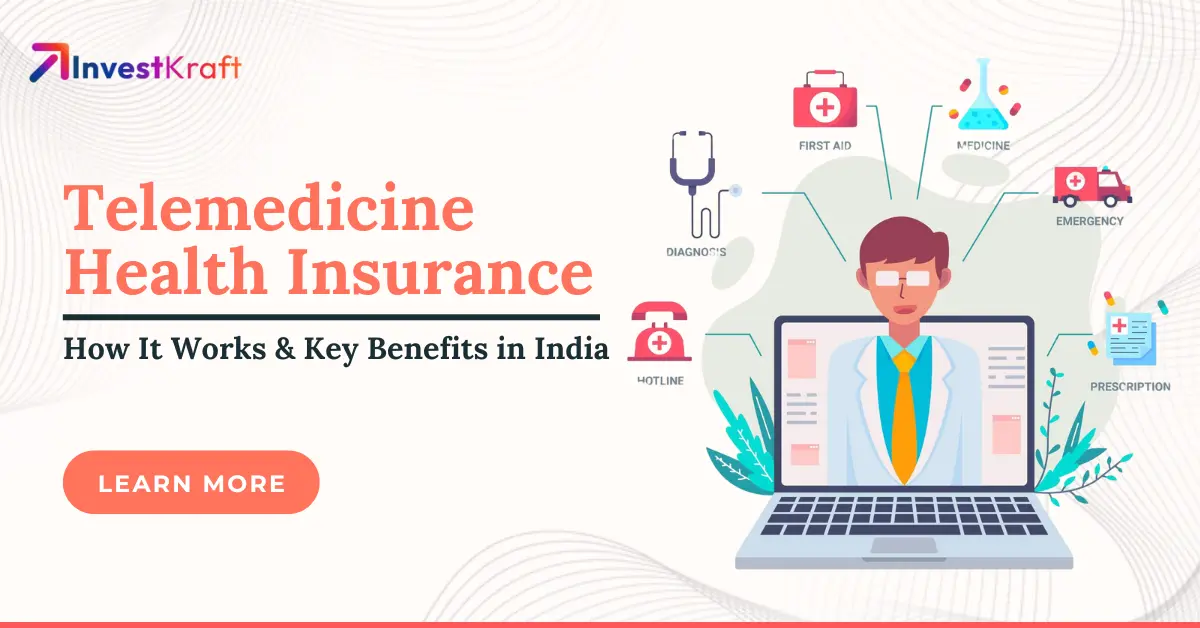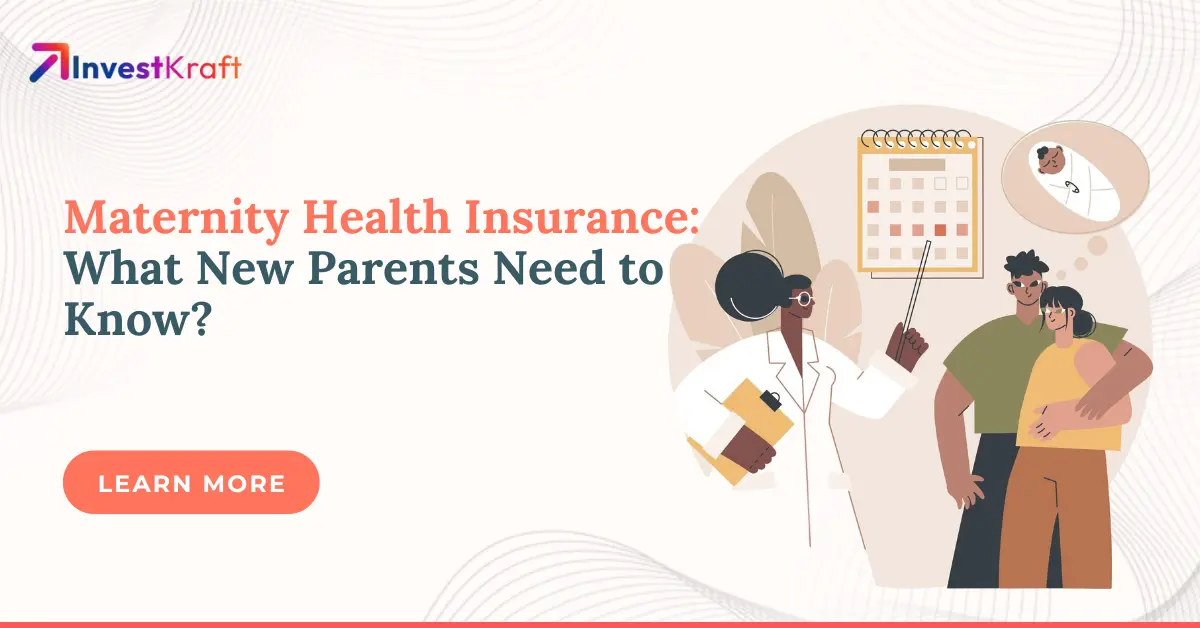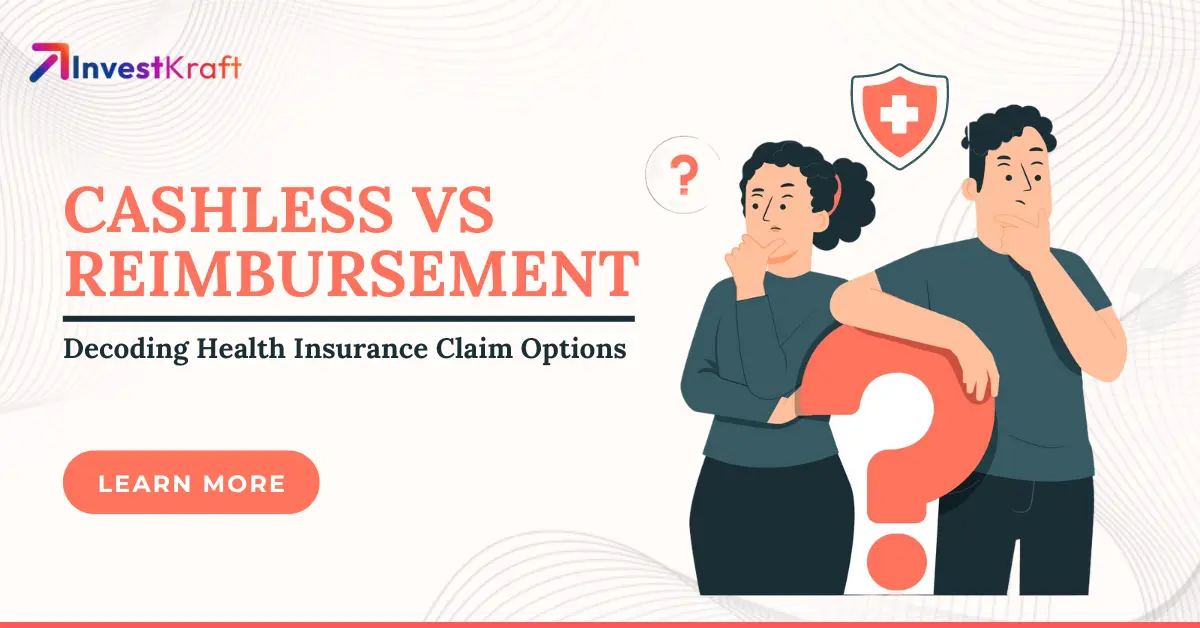IRDAI’s New Health Insurance Rules: What It Means for You

The Insurance Regulatory and Development Authority of India (IRDAI) has recently issued a new master circular on health insurance, marking an important development in the industry.
The new master circular from IRDAI, dated May 29, has replaced 55 earlier circulars. It aims to empower policyholders and strengthen inclusive health insurance.
The new IRDAI circular serves as a comprehensive guide for policyholder entitlements in health insurance, facilitating easy access to pertinent information. Additionally, it emphasizes initiatives aimed at enhancing the claims process for policyholders, with a focus on expediting and streamlining the experience. These measures are designed to elevate service standards within the health insurance industry, ultimately benefiting policyholders.
A Brief Highlights of the New Health Insurance Rules in India
Let us look at the highlights of the new health insurance rules issued by the IRDAI on 29th May 2024.
Who is This Article For?
Here is the list of people who should read this article about new health insurance rules in India -
- Policyholders - Policyholders should stay informed about the recent changes that could impact their insurance coverage, including provisions like the 30-day free look period for policy review and the 15-day grace period for premium payments. Additionally, it is important to be aware of adjustments that could impact claims processing, like the availability of cashless claims at non-network hospitals and reduced waiting periods for pre-existing conditions.
- Insurers - Insurers should stay informed about the new regulations that could impact their business. For example, they should ensure they are providing claim coverage during the grace period and displaying the necessary information on their website. Being aware of these rules can help insurers ensure compliance and maintain transparency with their customers.
What are the Key Changes in the Health Insurance Rules?
Listed below are the key changes made by the IRDAI in its latest health insurance guidelines.
- Products for all ages, medical conditions and treatments.
- Policyholders can customize options.
- Insurers must provide coverage for advanced medical treatments and technologies.
- Insurance products must comply with the relevant medical laws, including the Mental Healthcare Act and the Rights of Persons with Disabilities Act.
- The policy must be accompanied by clear, simple policy feature explanations.
- A 30-day policy review and cancellation window for unsatisfied policyholders.
- Policyholders can cancel anytime and receive a refund for the remaining policy period.
- Policyholders must nominate a person for claim payments in the event of their death.
- 15 to 30 days grace period for payment with coverage.
- Renewal is guaranteed, except for fraud or non-disclosure.
- New underwriting is needed for a higher coverage amount.
- Policyholders can transfer their policy to another insurer with the same benefits.
- Claims cannot be contested after 60 months, unless for fraud.
- Claims-free rewards can be a cumulative bonus or discount renewal.
- Insurers must aim for 100% cashless settlements and respond within one hour.
- Authorization for hospital discharge must be given within 3 hours.
- PMC (Product Management Committee) approval is necessary for rejecting any final claim.
- Insurers/TPAs must get documents from hospitals.
- Insurers are required to coordinate and settle claims if policyholders have multiple policies. This means that policyholders can make claims from any of their policies and receive the appropriate settlement from the insurers involved.
- Insurers must have a strong complaint resolution system.
- Provide insurance ombudsman contact details in the grievance responses.
- Insurers are required to adhere to the Ombudsman awards within a 30-day timeframe while facing penalties for any delays.
- Insurers need board-approved policies for underwriting, quality standards and claims handling.
- Prioritize transparency, using clear and straightforward language to effectively communicate and share information with our valued customers.
Why are the Changes in the Health Insurance Rules Important?
Recent changes in health insurance rules in India aim to improve accessibility, affordability and consumer protection in the evolving healthcare landscape. These adjustments by the IRDAI demonstrate a commitment to enhancing the health insurance ecosystem in a country grappling with rising healthcare costs and a growing disease burden.
- Increased Accessibility - Reduced waiting periods and moratoriums improve health insurance accessibility, especially for those with pre-existing conditions. This helps more people secure essential coverage in a country with increasing healthcare costs.
- Enhanced Consumer Protection - Regulatory changes aim to protect consumers and improve insurance coverage by allowing faster and less restricted claims.
- Encouragement of Health Insurance Adoption - Medical inflation and unpredictable health issues increase the need for health insurance. Faster coverage access and investment in health plans can improve the overall population's health security.
- Response to Current Healthcare Challenges - The COVID-19 pandemic exposed healthcare vulnerabilities and the importance of sufficient health insurance. Changes are needed to address health risks and unexpected medical costs. The insurance sector can improve public health outcomes through consumer-oriented rules.
How Will the New IRDAI Health Insurance Rules Impact the Insurance Companies?
Health insurance companies will be greatly affected by the implementation of these new regulations. The changes will likely bring about substantial modifications to the way insurers operate and provide coverage to individuals.
- Faster Claim Settlement - Cashless claims must be decided within one hour in emergency cases, leading insurers to improve efficiency and customer experience.
- Increased Costs - Grace periods and no-claim bonuses increase payouts for insurers, which may raise long-term premiums to ensure profitability.
- Coordination with Other Insurers - Insurers must coordinate with each other to settle claims under multiple policies, leading to settling claims under multiple policies, leading to the need for new processes and systems.
- Increased Adoption of Cashless Facility - Insurers must expand their cashless hospital network and invest in technology for seamless transactions, which may increase cashless facility adoption.
- Standardization of Grace Period - Standardizing grace periods for instalment premiums makes communication and administration easier for insurers, but it also affects insurers’ payouts.
- Increased Transparency and Consumer Trust - Insurers must provide customer information sheets with policy documents to improve transparency and trust.
- Enhanced Product Offerings - Insurers should expand their product range to serve a broader range of people, including those with medical conditions and various age groups. This will promote inclusivity and create new insurance products tailored for seniors and other underserved groups.
- Stricter Claim Review Processes - New rules require claims review panel approval for all claim repudiations. This may lower arbitrary rejections and make insurers follow a stricter evaluation process, potentially increasing operational costs.
- Operational Adjustments and Technology Investments - Insurers need to invest in technology and operational processes, including dedicated help desks at hospitals for cashless claims and digital pre-authorization processes, to comply with new mandates and improve service delivery while increasing costs.
- Focus on Customer Service - Timely claim processing and no-claim bonuses aim to improve customer satisfaction by requiring insurers to prioritize customer service and responsiveness, potentially leading to a cultural shift towards a more customer-centric approach.
- Impact on Market Competition - Stricter regulations and new competitors could intensify competition in health insurance. Insurers must improve service quality and pricing to attract and retain customers.
Conclusion
The new health insurance master circular from IRDAI is a major milestone in creating a more consumer-focused and inclusive insurance environment in India. With its focus on safeguarding the policyholder's rights, simplifying claims procedures and broadening coverage choices, the regulator is working to improve the overall health insurance journey.
The evolving landscape of healthcare presents challenges for insurers, but it is anticipated to foster higher levels of trust, transparency and competition. The insurance sector must adjust to these changes to effectively meet the expanding needs of policyholders and uphold market sustainability amidst the evolving healthcare landscape.
Frequently Asked Questions (FAQs)
Q1: What are the new rules of insurance?
A: The new insurance regulations in India are beneficial for policyholders, as they have reduced the waiting period for pre-existing diseases and the moratorium period, making it easier for people to access coverage. This change will provide relief to individuals seeking insurance with pre-existing conditions and ensure that they have access to necessary medical benefits sooner.
Q2: What is the 3-year rule for health insurance?
A: In India, the 3-year rule for health insurance means that there is a waiting period of 36 months for certain diseases before related claims are covered. This period is designed to prevent people from buying insurance only after being diagnosed with a serious illness.
Q3: Which disease is not covered under health insurance?
A: Pre-existing conditions and specific exclusions are common diseases not covered under health insurance in India. It is important to disclose any pre-existing conditions at the time of policy purchase to avoid this issue. Individual policies may also outline specific exclusions that are not covered.
Q4: What is the 8-year rule in health insurance?
A: The 8-year rule in health insurance has been updated to a 5-year moratorium. This means that insurance providers cannot reject claims due to non-disclosure after 5 years of uninterrupted coverage unless there is evidence of fraud.
Q5: How many times can we claim health insurance in a year?
A: In India, there is no restriction on the number of claims you can file annually. However, it is essential to ensure that each claim falls within the coverage limits and conditions set by the insurance policy.
Q6: Is a CT scan covered by insurance in India?
A: CT scans are usually included in health insurance plans in India, but there are specific conditions and limits to consider. Most comprehensive plans cover CT scans as part of in-patient hospitalization, as long as they are medically necessary and prescribed by a doctor. However, coverage may differ depending on the insurance provider and plan.
Q7: Who is not eligible for health insurance?
A: Some individuals in India may not be able to obtain health insurance due to their pre-existing conditions, age or specific health risks.
Q8: Which diseases are covered after 2 years of health insurance?
A: Health insurance policies usually have a waiting period of 2 years for coverage of diseases. This waiting period applies to chronic conditions such as diabetes, hypertension and certain cancers. The specific diseases covered may vary depending on the policy.

Author: Abhik Das
Abhik Das is a versatile content writer with over 5 years of experience crafting engaging and informative content across diverse industries. His expertise spans the fields of ed-tech, pharmaceuticals, organic food, travel, sports, and finance.
Here's what sets Abhik apart:
Content Versatility: Able to adapt writing style and tone to suit various audiences and content needs.
SEO Proficiency: Creates content optimized for search engines, ensuring discoverability and organic traffic.
Deep Research: Conducts thorough research to ensure content accuracy and credibility across complex topics.
Engaging Storytelling: Captures reader interest with clear, concise, and compelling writing.
Abhik's diverse background empowers him to deliver insightful content across a wide range of subjects. Whether you're seeking engaging explainer pieces on the latest financial trends, informative guides to organic food choices, or captivating travelogues, Abhik has the expertise to craft content that resonates with your audience.





















